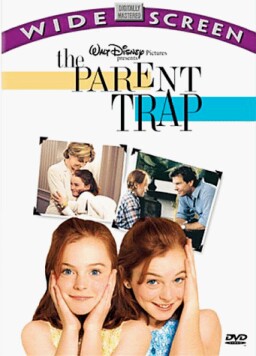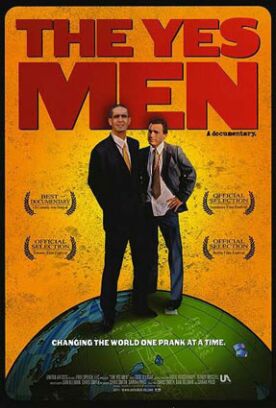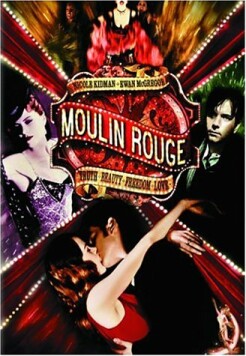G.I. Jane
. . .And, speaking of propaganda, there can be few more spectacular recent
examples of the same than Ridley
Scott’s G.I. Jane. Here is a
film which has no single bit of characterization or plotting or dialogue which
is not designed solely to persuade us that putting women into combat is right
and reasonable and in keeping with the liberal ideal of racial and sexual
equality. Any conceivable objections on behalf of what, hitherto, has been the
virtually universal practice of keeping them out are raised only to be shot down
(if you’ll pardon the expression), and
the vexed question of “gender
norming” —the means by which women may
be accommodated in the same jobs as men while being held to lower physical
standards—is also by-passed. Instead, Mr.Scott simply pretends that the comely
and lissom Demi Moore, to whom he gives the unisex name of Lt Jordan
O’Neil, can opt to be held to the same
standard as the men (and a Navy SEAL standard at that!) and still pass with
flying colors. So what’s the
problem?
Perhaps only stick-in-the-muds will object to such dishonesty, but there is
also an internal incoherence in the portrayal of Miss
Moore’s character. On the one hand she
says she doesn’t
“want to be a poster girl for
women’s
rights.” When she arrives at the Navy
Seal training base, she assures her commanding officer that her being there is
“not a
statement.” She is merely seeking to
advance her career “like everyone
else, I suspect.” Leave aside for a
moment the obvious truth in the
Captain’s reply that
“If you were like everyone else. . .we
would not be making statements about not making
statements.” She herself, later on in
the film, lays claim to a larger feminist objective, which is to give women
“the
choice” to go through the same
training as the men. Don’t tell me you
wanted that kind of job,” her wimpy
boyfriend says to her.
“I wanted the
choice,” she says to him.
“That’s
how it’s supposed to
be.”
In other words, she sees herself as a feminist pioneer rather than a soldier.
And isn’t that rather the point of the
objection to treating the armed forces as if they were laboratories for social
experimentation? Moreover, at two critical moments in the
film’s final passage, in which an
actual episode of combat is meant to show that G.I. Jane can cope splendidly
under fire, Scott fudges in the portrayal of her performance. In one, her
commanding officer, Master Chief Urgayle (Viggo Mortensen) has to shoot an enemy
soldier rather than allow her to try to kill him silently, and so gives away his
own position. Then, when he is almost killed himself as a result, the lovely
Miss Moore is forced to call upon the assistance of a comrade in order to drag
him from off the field of battle. Of course all ends happily, but unless Scott
is sending some very subtle messages here,
you’ve got to wonder at such
undermining of his own position.
It is also raised as a disturbing possibility that the kind of brutalization
which Miss Moore’s character is forced
to undergo as a result of her
“choice”
has erotic overtones. In particular, in one scene redolent of sadistic or
chicks-behind-bars-movies, the Master Chief, an aficionado of the poetry of D.H.
Lawrence, beats the young woman severely and is then beaten by her in return.
Erotic imagery of her shaving her own head, or doing impressive feats of
calisthenics, or showing off her body to the Master Chief in the shower, will
remind us of why women have been kept out of combat units in the past—and why,
in the present, otherwise sensible people must be going to see a movie like
this.
Discover more from James Bowman
Subscribe to get the latest posts to your email.





